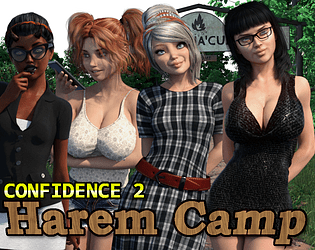Former BioWare developers weigh in on the underperformance of Dragon Age: Dreadwolf and EA's subsequent restructuring of BioWare. EA CEO Andrew Wilson attributed the game's failure to a lack of broad appeal, citing a shortfall of nearly 50% from projected player engagement (1.5 million players reported). This followed previous reports detailing development challenges, including layoffs and the departure of key personnel.
Wilson suggested that future Dragon Age titles require "shared-world features and deeper engagement" alongside strong narratives to achieve broader success. This interpretation, that adding multiplayer elements would have boosted sales, is challenged by former BioWare staff.
David Gaider, former narrative lead on Dragon Age, criticized EA's conclusion that the game's failure stemmed from a lack of live-service elements, calling it "short-sighted and self-serving." He argued that EA should instead emulate Larian Studios' success with Baldur's Gate 3, which prioritizes a strong single-player experience while offering optional multiplayer co-op. He urged EA to leverage the existing fanbase and focus on the core strengths of the Dragon Age franchise.
Mike Laidlaw, former creative director on Dragon Age, expressed stronger dissent, stating he would resign if pressured to fundamentally alter a successful single-player IP into a purely multiplayer game. He highlighted the inherent conflict between the established strengths of the franchise and the demands for a complete shift to multiplayer.
The restructuring of BioWare, involving significant layoffs and a focus solely on Mass Effect 5, effectively signals the apparent demise of the Dragon Age franchise at least for the foreseeable future. EA CFO Stuart Canfield acknowledged the evolving industry landscape and the need to prioritize high-potential projects, explaining the rationale behind the resource reallocation. The future of Dragon Age remains uncertain.








